|
Read the latest CALF 2022 Newsletter here. CALF produces an annual newsletter to keep supporters up to date about our progress and successes. Should you wish to receive the newsletter, please contact the us at info@crispinaubrey.org to be added to our mailing list.
0 Comments
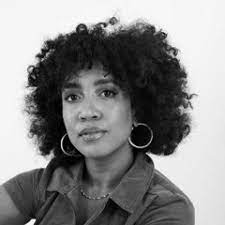 After a pause in the scholarship as a result of Covid-19, we are so delighted to announce that this years' Crispin Aubrey Scholar will be awarded to Dawn Limbu. We are really excited to have Dawn onboard. Dawn demonstrated great abilities, passion and ambition and we are really looking forward to supporting her career progression. In accepting the award, Dawn shared: "I can't begin to describe how overjoyed I am to have won the Crispin Aubrey 2021 scholarship. I migrated to the UK with my family from South Africa with hopes for a better quality of life and a good education. Throughout my time in the UK, my family and I have faced multiple hurdles. I feel so honoured that a person like me, who was born in an underprivileged part of the world, has managed to win an award like this. In the past year, I have been working tirelessly both inside and outside of university and I am pleased to see my hard work starting to pay off. I look forward to using this prize money and mentoring support to investigate environmental issues in ethnic communities. Telling peoples stories has always been a passion of mine and I plan on dedicating my career to writing about social justice issues. I'd like to thank all of the journalism teaching staff for always supporting and encouraging me." Read the CALF 2020 Newsletter.
CALF produces an annual newsletter to keep supporters up to date about our progress and successes. Should you wish to receive the newsletter, please contact the us at info@crispinaubrey.org to be added to our mailing list. Read the CALF 2019 Newsletter.
CALF produces an annual newsletter to keep supporters up to date about our progress and successes. Should you wish to receive the newsletter, please contact the us at info@crispinaubrey.org to be added to our mailing list. As many of you will recall, Crispin was fastidious in his record keeping. He left behind filing cabinets filled with paperwork about the ABC trial - from his handwritten notes of the trial and minutes of campaign meetings and flyers to campaign posters and ephemera from the ABC Campaign. Last year we were lucky enough to be approached by Statewatch who offered to archive Crispin’s documents and provide a long-term home for an official ABC Archive. We are hugely grateful toGarden Court’s Special Fundfor the grant that enabled Statewatch to undertake the painstaking process of archiving Crispin’s collection of documents as well as to Zak Suffee who undertook much of the work.
The launch event was an opportunity to remember Crispin and recall the huge significance of the ABC trial for both journalists and lawyers. Huge thanks to our speakers for their valuable contributions: Ann Singleton(Co-Chair Statewatch), Kate Aubrey-Johnson(Crispin Aubrey Legacy Fund), John Berry(the ‘B’ of ABC), Duncan Campbell(the ‘C’ of ABC), Tony Bunyan(Statewatch, ABC Defence Campaign), Rajiv MenonQC (Garden Court Chambers), Zak Suffee(Statewatch Library Volunteer)and Richard Norton-Taylor(Writer on Defence & Security, Guardian). To browse the special collection on the ABC Case online click here On Thursday 28 March 2019 the “Crispin Aubrey Archive on the ABC case” is being launched by CALF and Statewatch
At: May Day Rooms, 88 Fleet Street, London, EC4Y 1DH Time: 18.00 – 20.00 The Archive is held in the Statewatch office and comprises 3 filing cabinet drawers with 71 files containing voluminous cuttings, trial statements and documents, plus posters and the activities of both of the ABC Defence Committee and the preceding Agee-Hosenball Defence Committee. Plus highly detailed files on the background to the case eg: SIGINT and the Leveller Colonel ”B” trial. You can access online the ABC case Collection here From Print Works to Poldark, this year's annual legacy walk took us on a picturesque route around the centre of Frome with informative talks from local authors and local entrepreneurs Crysse Morrison, Sarah Schofield and Io Fox covering fictional works and insights into local historical landmarks including a visit to Hunting Ravens Bookshop, Silkmills and ending at Rise a large converted chapel!).
CALF produces an annual newsletter to keep supporters up to date about our progress and successes. Should you wish to receive the newsletter, please contact the us at info@crispinaubrey.org to be added to our mailing list.
For those of you who missed 'the ABC Secrecy trial 40 years on' event you can listen to the event podcast here and also read more about the background to the ABC trial in Duncan Campbell's interview with The Bristol Cable - click here to read.
Thanks again for those who joined us and donated to the ABC 40 years on event and are pleased to report that we have raised over £1,400 with donations still coming in! We also have video from the event on vimeo - Part 1 here and Part 2 here Thanks to all who joined us for an inspiring and thought provoking evening last night at the Arnolfini in Bristol. Thanks especially to our speakers: Sue Aubrey, John Berry Duncan Campbell, Tony Bunyan, Sarah Kavanagh, Geoffrey Robertson QC and William Nash. We are hugely grateful for the support of Andrew Kelly from Bristol Festival of Ideas and Phil Chamberlain, Head of Department at the School of Film and Journalism for co-hosting the event. Reflections and podcast will be available over the next few days for those who were not able to join us.
Follow the conversation @CrispinLegacy #ABC40 |
|||||||||||||
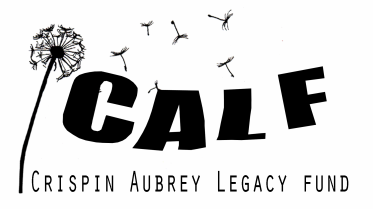
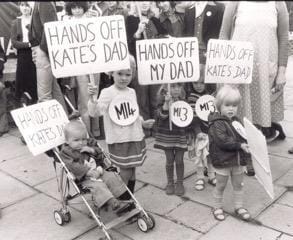
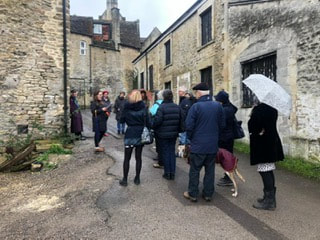
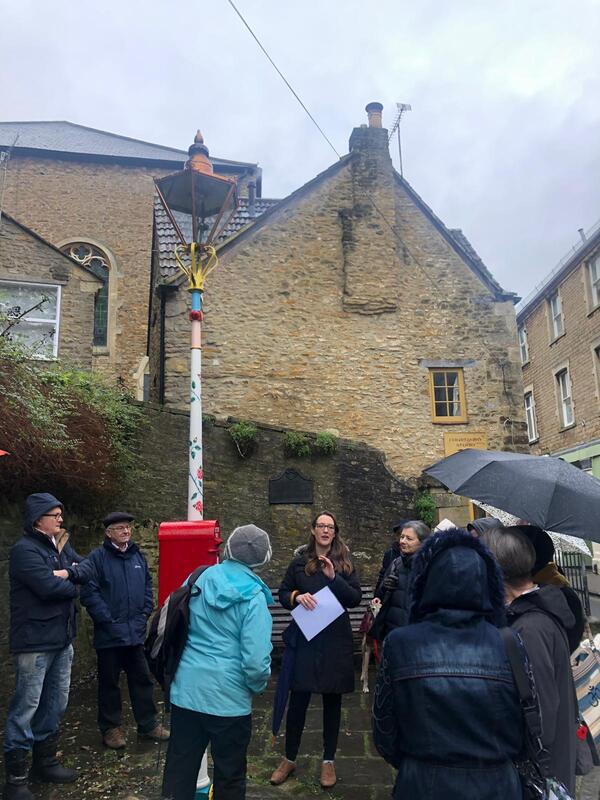

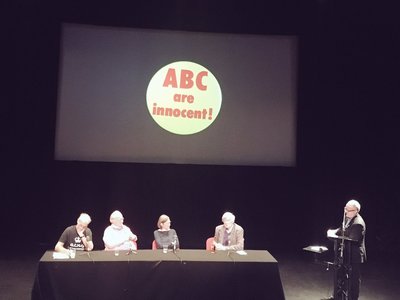
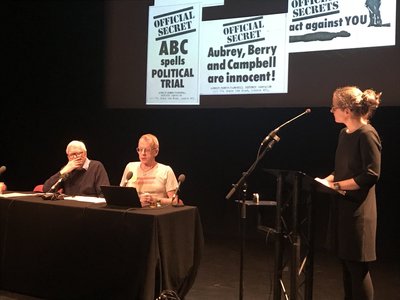
 RSS Feed
RSS Feed
